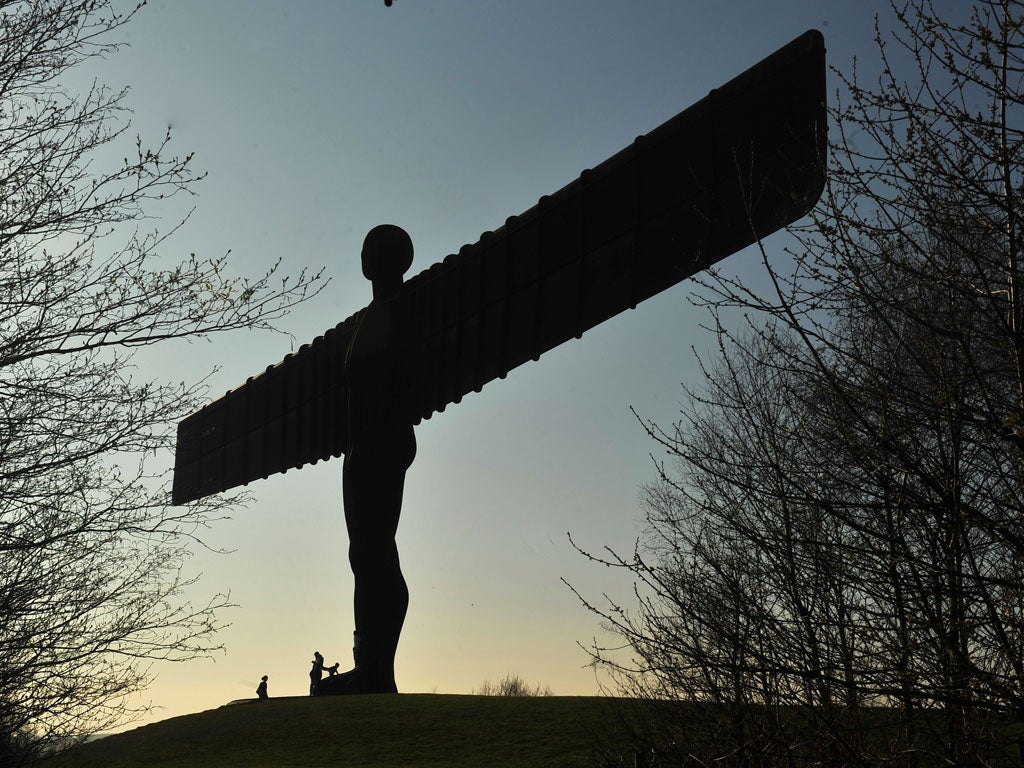Tories look more in touch with the North than Labour does, Blue Labour MP says
Jon Cruddas says the politics of state control are unpopular

The Conservative party looks more “in tune” with parts of the North of England than the Labour party does, a senior Labour MP has said.
Jon Cruddas, a leading figure in the party’s so-called “Blue Labour” tendency, claimed that the politics of state control was unpopular with the electorate.
“In the 2015 leadership election we surrendered the argument on devolution. Labour is stuck in an unpopular, outdated politics of taxing and spending and using state control,” he wrote in an article for the Observer newspaper.
“It has got us into a situation in which a Tory chancellor looks more in tune with our Labour councils in the north than the Labour party itself.”
The former head of the party’s policy review made the warning as he launched a new Labour grouping – Labour Together – that brings together figures from New Labour and Blue Labour.
Mr Cruddas’s claim that state control is an unpopular political approach does not appear to be borne out by polls.
A recent set of polls from YouGov for Prospect magazine found statist economic policies were the most popular of all Jeremy Corbyn’s plans.
Big majorities of voters favoured controls of wages to enforce a living wage, controls on rents, state ownership of the railways, electricity and gas companies, and big increases in corporation tax.
Voters are also strongly in favour of state control of migrants to prevent them from coming to the UK.
Areas where Mr Corbyn’s views differed from the electorate tended to be in foreign policy: Northern Ireland, Syrian refugees, and Isis. A policy of scrapping the benefit cap was also unpopular.
The Government's devolution agenda has met with a mixed response. Plans for devolution by directly elected mayors were overwhelmingly rejected at by voters at referendum across the country, including the north.
However, a second wave of devolution plans has seen local authorities sign up to new deals without giving voters the option of rejection.
Mr Cruddas stepped down from Labour's shadow cabinet after the party's defeat to lead a review into why the party lost.
He said in September that the party risked becoming irrelevant outside urban areas if it did not become more socially and fiscally conservative.
Join our commenting forum
Join thought-provoking conversations, follow other Independent readers and see their replies
Comments
Bookmark popover
Removed from bookmarks